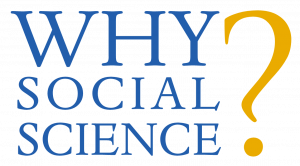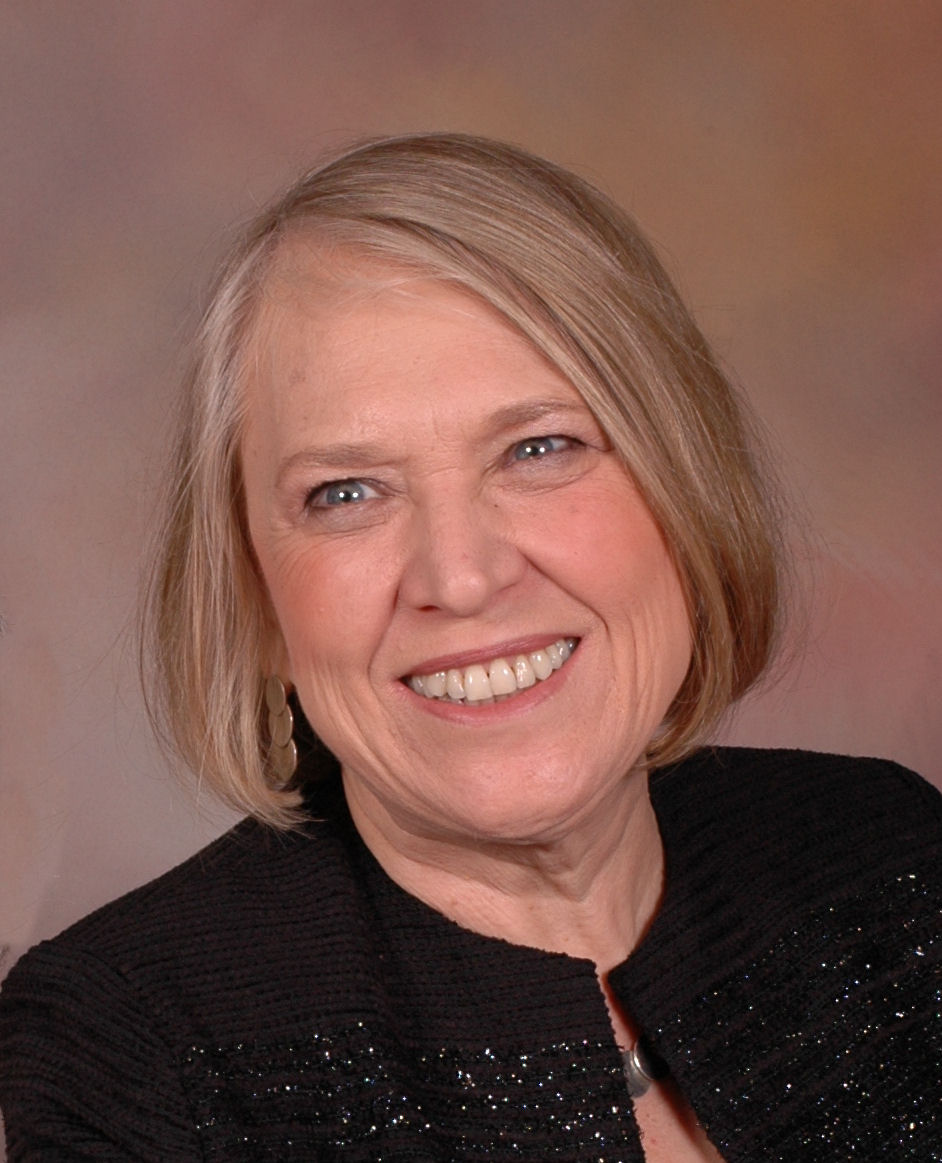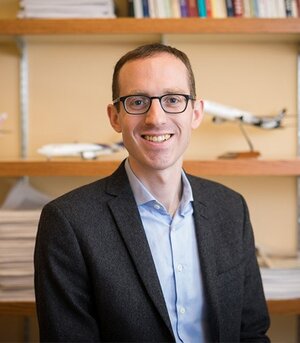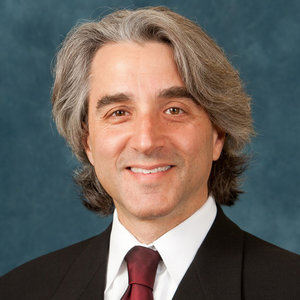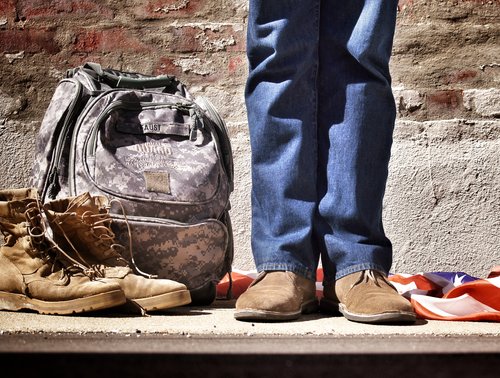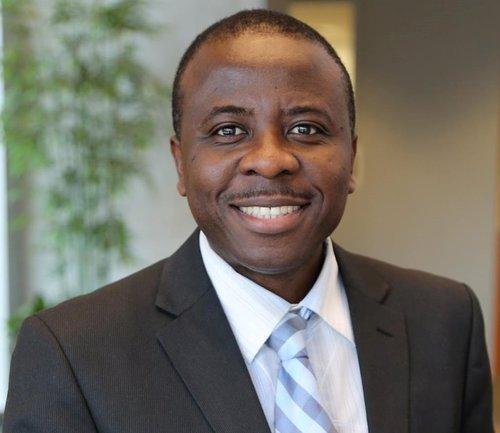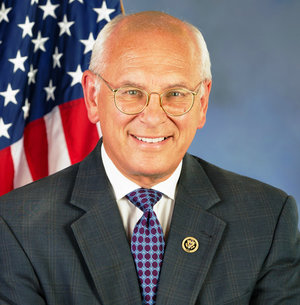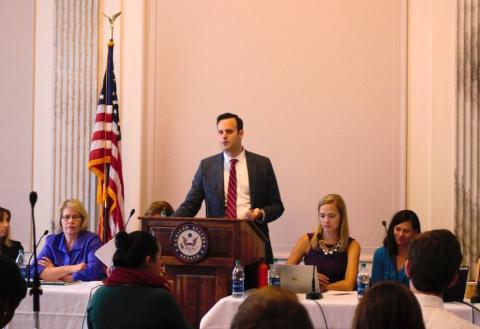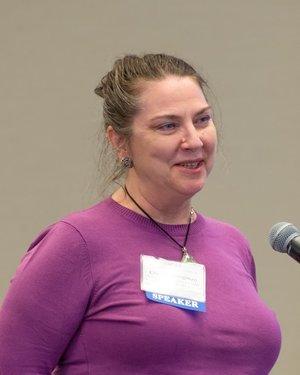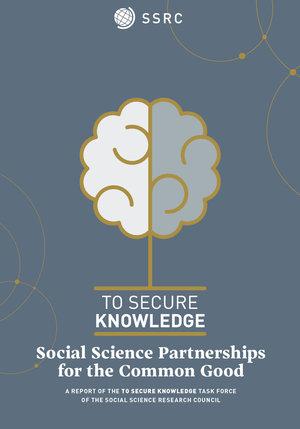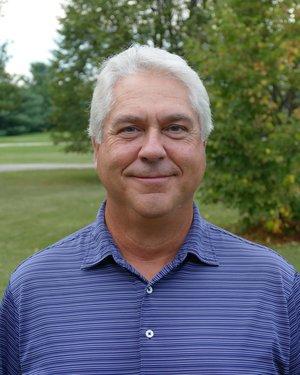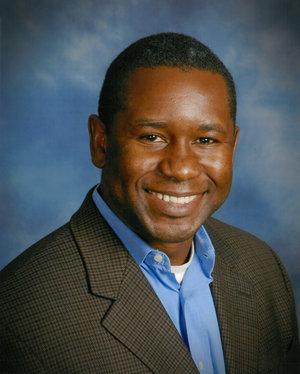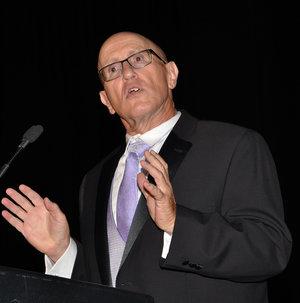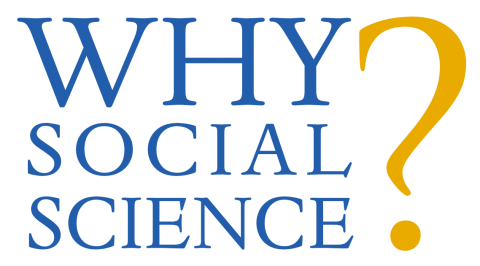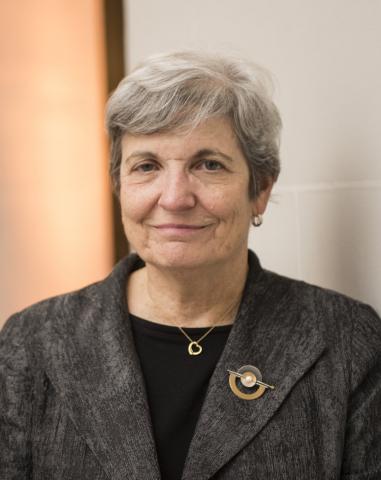25 Years of Service (2) Abortion Rights (1) Addiction (13) ADHD (1) Administrative Data Accelerator (1) Adolescents (2) Aging (16) Agriculture (3) AI Hub (2) Alaska (3) Alcohol (1) Alzheimer’s disease (1) Amish (1) Annual Report (2) Anthropology (4) Anxiety (1) Arctic Research (2) Artificial Intelligence (3) Associate (1) Asthma (2) Autism (1) Award (22) Babies (2) Big Data (3) Biobehavioral Health (13) Brain (4) Bullying (1) Business (1) Cancer (1) CCSA (11) Celebration (3) Census (9) Center for Education and Civil Rights (9) Center for Educational Disparities (29) Center for Healthy Aging (1) Center for Security Research and Education (4) Center for Social Data Analytics (1) Center for Socially Responsible Artificial Intelligence (2) Center on Education and Civil Rights (2) Child Development (1) Child Health (2) Child Maltreatment (6) Child Maltreatment Solutions Network (5) Child Obesity (5) Child Study Center (1) Chronic Illness (2) Civic Engagement (2) Clearinghouse for Military Family Readiness (6) Climate Change (18) Clinical and Translational Science (6) Cognition (3) College of Agricultural Sciences (10) College of Communications (1) College of Earth and Mineral Sciences (1) College of Education (35) College of Health and Human Development (24) College of Information Sciences and Technology (3) College of Liberal Arts (3) College of Medicine (12) College of the Liberal Arts (24) Communication (5) Communication Arts and Sciences (1) Community (12) Computational and Data Sciences (2) Computational and Spacial Analysis (1) Concussions (1) Conference (10) Consortium on Moral Decision-Making (1) COSSA (11) COVID-19 (27) Criminal Justice (4) Criminal Justice Research Center (6) Criminology (15) CSA (17) CSUA (4) CTSI (41) Data Management (8) Data Resources Hub (1) De Jong Lecture (6) Death (3) DEI (1) Democracy (3) Demography (39) Depression (3) Disasters (7) Discrimination (10) diseases of despair (1) Dyslexia (1) Economics (3) Edna Bennett Pierce Prevention Research Center (1) Education (20) Education Policy (13) Educational Attainment (4) EIC (8) EIC Podcast (4) Emotion (1) Employment (3) Environment (2) Exercise (1) Faculty Fellows (7) Faculty Information (2) Family (8) Family Symposium (19) Fellowship (5) Food Security (3) Foster Care (2) Friends (3) Fullbright Scholars (2) Funding (49) Gender Equality (3) Genetics (2) Geography (4) geology (1) Geospatial (3) Geroscience and Dementia Prevention Consortium (1) GIS (1) Global Programs (6) Global Warming (5) Government (14) Grief (2) Gun Control (2) Gun Violence (1) Health (6) Health Care (10) health disparities (6) Health Equity (6) Health Policy and Administration (4) Huck (2) Human Development and Family Studies (22) Human Trafficking (1) IFSE Workshop (2) Immigration (21) Impact (3) inequities (2) Influence (2) Information Technology (4) Innovation (2) Institute for CyberScience (8) Institutes of Energy and the Environment (3) Interventions (2) IPDR (1) IRB (2) Job (3) Kinesiology (1) Kinship (3) Labor Relations (2) Law (1) Lecture (2) Lerner Center for Public Health Promotion Brief (2) Life Expectancy (3) Machine Learning (1) malnutrition (1) Marcellus Shale natural gas development (1) Marijuana (1) McCourtney Institute for Democracy (8) MDI (1) Memory (2) Mental Health (3) Migration Research (17) military families (1) National Security (1) NIH (28) Nominations (1) NSF (20) Obesity (5) Online Aggression (1) Open Access Research (2) Open House (2) OpenMx (1) Opioids (24) OSVPR (3) Overdose (1) PAA (3) PacMAT (1) Parenting (1) Partnership (2) Penn State Cancer Institute (3) Penn State Research (89) Pennsylvania Population Network (6) Pennsylvania Redistricting Advisory Council (1) Playing the Archive (2) Podcast (9) POLARIS (2) Policymaking (16) Political Science (9) Politics (11) Population (2) Population Health (5) Postdoctoral (3) PPN Brief (2) Pregnancy (2) Preschool (1) Prevention Research Center (4) Prevention Science (6) PRI (92) PRI Affiliate (3) PRI Associate (22) Professor (1) Promotion Announcement (1) Proposal (7) Protocol (1) Psychology (10) Public Health Sciences (3) Public Policy (10) Qualtrics (1) QuantDev (4) Race (1) Racial and Ethnic Minorities (5) Racial Disparities (8) RDC (1) REDCap (1) Refugees (1) Relationships (1) Research (26) Research Evidence (8) Research-to-Policy Collaboration (4) RISE Conference (1) RPC (1) Rural Communities (7) Rural Health (3) Rural Sociology (8) School (16) School of Public Policy (1) Science Policy (1) Security (2) Seed Funding (25) Segregation (13) Self-control (2) Seminar (7) Siblings (1) Sleep (5) SLEIC (1) Smoking (4) Social Data Analytics (2) Social Inequity (2) Social Justice (2) Social Media (3) Social Science (60) Sociology (45) Software (3) Special Education (12) Spring Gathering (1) SRC (1) SSRI (78) SSRI cofunds (19) SSRI Director (5) Stress (4) Substance Abuse (14) Substance Use (6) Suicide (2) Support Resources (2) Survey Research Center (1) Symposium (2) Teams (1) Teens (4) Transportation (1) Twitter Data (5) unemployment rate (3) University Policy (2) Veterans (2) Violence (1) Visiting Scholar (1) Water (3) We Are (2) Why Social Science? (18) Womens Health (2) Workforce Development (1) working groups (1) Workshop (10)
Why Social Science? - Because It Makes An Outsized Impact on Policy
The new "Why Social Science?" post comes from Camille Gamboa from Sage who interviews Euan Adie, Overton's managing director, to learn more about the large impact that social science makes on policy and his work creating tools to connect the scholarly and policy worlds. We know that…
News Topics: Why Social Science?Policymaking
Why Social Science? - Because It's the Most Reliable Way to Understand the Public's Point of View
This week's Why Social Science? post comes from Kathy Frankovic, former Director of Surveys at CBS News and former President of the American Association for Public Opinion Research, who writes about the science behind public opinion polling and its role in predicting the outcome of elections. When…
News Topics: Why Social Science?Public Policy
Why Social Science? - Because It Tells Us How to Create More Engaged Citizens
By Adam Seth Levine, PhD, Associate Professor of Government, Cornell University; President, research4impact Engaged citizens are not born. They are made. Leaders of voluntary civic associations play a critical role in this process. They offer people opportunities to exercise their voice on issues…
Why Social Science? - Because Social Science Is a Form of Service that Improves Quality of Life for People Around the World
By Arthur Lupia, PhD, Assistant Director for Social, Behavioral & Economic Sciences, National Science Foundation If you are reading these words, chances are you are a social scientist or someone who cares about social science. Either way, I am grateful to you and everyone who devotes…
Why Social Science? - Because It Can Improve the Lives of Those Who Serve Our Country
By Leanne K. Knobloch, Ph.D., Professor, Department of Communication, University of Illinois & Steven R. Wilson, Ph.D., Professor, Department of Communication, University of South Florida Throughout our nation’s history, members of the U.S. military have served our country with honor, courage,…
Why Social Science? - Because It Helps to Address Graduate Unemployment in Sub-Saharan Africa
By Joseph K. Assan, PhD, Assistant Professor of International Political Economy of Sustainable Development, Heller School for Social Policy and Management, Brandeis University Social scientists are actively involved in working with government officials, academics, the private sector, NGOs and…
Why Social Science? - Because Social Science Equips Us with Tools We Will Need to Face Down the Biggest Issues of Our Time, Including the Growing Global Threat of Climate Change
By The Honorable Paul Tonko, United States Representative, New York’s 20th Congressional District, U.S. House of Representatives Our Earth is in crisis. More frequent and severe droughts, rising sea-levels, extreme weather and ecological damage are already here, with more loss and hardship on the…
Scott and Crowley author latest “Why Social Science?”
Explaining how social science can improve government efficiency via government policy, Penn State’s Taylor Scott, research assistant professor with the Edna Bennett Pierce Prevention Research Center, and Max Crowley, assistant professor in human development and family studies, co-authored this…
Why Social Science? - Because Social Science Research and Education Are Critical for National Security
By Claudia Brugman, PhD, Research Scientist and Technical Director for Language in Social Systems, Center for Advanced Study of Language, University of Maryland Each of the social sciences contributes irreplaceable content knowledge and methodologies to our collective understanding of other…
Why Social Science? - Because It Helps Build Resilience in the Face of Disasters
By Brandi Gilbert, Ph.D., Research Associate, Urban Institute & Nnenia Campbell, Ph.D., Research Associate, Natural Hazards Center, University of Colorado, Boulder We are dedicated to using social science to improve disaster recovery for those on the margins of society—in particular on the…
Why Social Science? - Because It’s Proliferating
By Alondra Nelson, President, Social Science Research Council Social scientists and the research we pursue with such passion are being buffeted on all fronts, a fact not unknown to frequent visitors to this space. Today social scientists confront scarcities: of funding, of career opportunities in…
Why Social Science? - Because Social Science Can Have an Impact on Public Policy
By Peter B. Wood, Professor of Sociology and Criminology, Eastern Michigan University Why Social Science? Because social science can—and should—have a real impact on public policy at the federal, state, and local levels. More than a decade ago, while serving as President of the Southern Criminal…
Why Social Science? - Because It Can Challenge Conventional Wisdom
By Olugbenga Ajilore, Ph.D., Associate Professor of Economics, University of Toledo Social science research provides evidence that helps us understand the drivers of social problems. A lot of times, this evidence is in contrast to the conventional wisdom and may on the face of it seem…
Why Social Science? - Because It Helps Us Identify and Combat Misinformation
By Melanie C. Green, Ph.D., Associate Professor, Department of Communication, University at Buffalo To make good decisions, we need good information. Every day, people form opinions on health treatments, political policies, and consumer products. Social sciences help us understand how people can…
Why Social Science? - Because It Can Improve the Lives of City Residents
By David Yokum, J.D., Ph.D., Director, The Lab @ DC There’s a movement underway to integrate scientific research into the everyday workings of government at all levels. Increasingly, research professionals are being called upon to roll up their sleeves and lend their advice, expertise, and…
Why Social Science? - Because It Produces Essential Data for Our Democracy
By Ronald L. Wasserstein, Ph.D., Executive Director, American Statistical Association The social sciences are vitally important to the institutions of democracy. Those institutions include a constellation of federal statistical agencies responsible for collecting and disseminating data. With these…
Why Social Science? - Because It is an Engine for Social Progress
By Darla Spence Coffey, PhD, MSW, President and Chief Executive Officer of the Council on Social Work Education & James Herbert Williams, PhD, MSW, MPA, Arizona Centennial Professor of Social Welfare Services at Arizona State University The Council on Social Work Education (CSWE) is dedicated…
News Topics: Social ScienceWhy Social Science?
Why Social Science? - Because Social Science Fosters Robust and Trustworthy Knowledge
By Felice J. Levine, Ph.D., Executive Director, American Educational Research Association As Chair of the COSSA Board, it is an honor to conclude the inaugural year of “Why Social Science?” with some reflections and aspirations. When COSSA launched this initiative in 2017, the aim was to invite…
